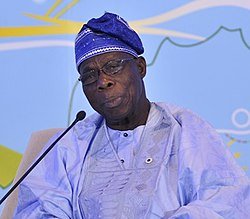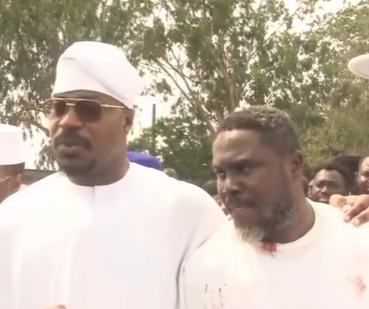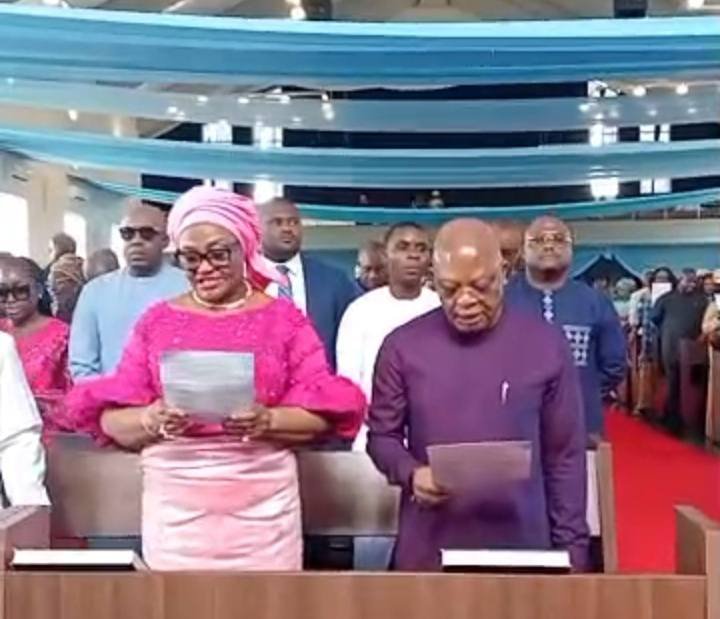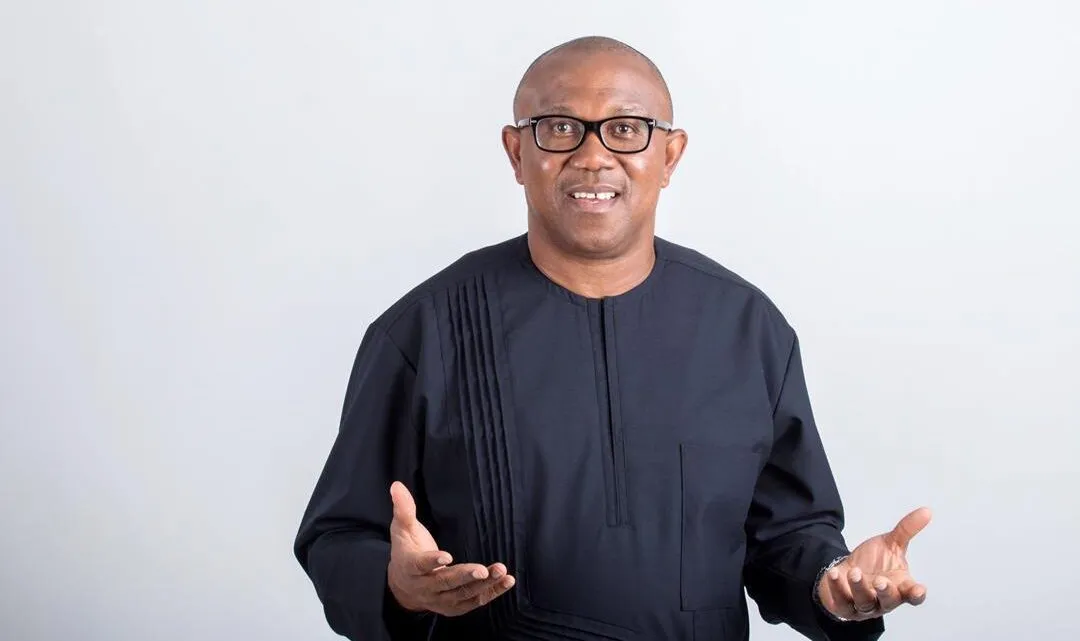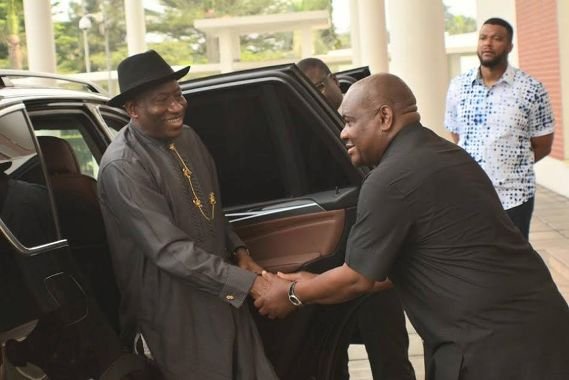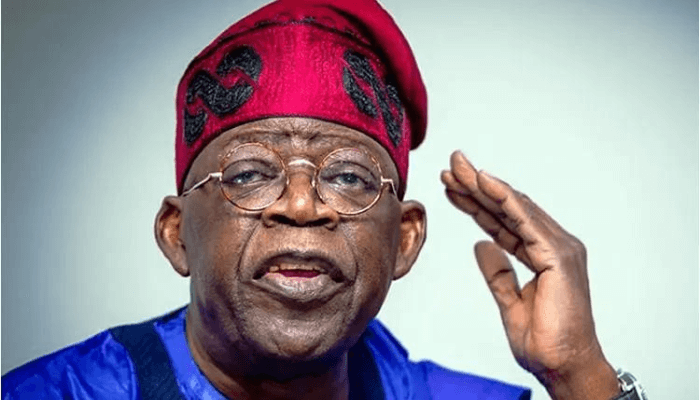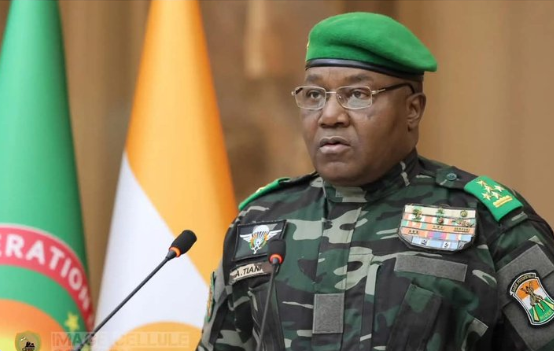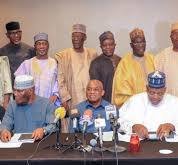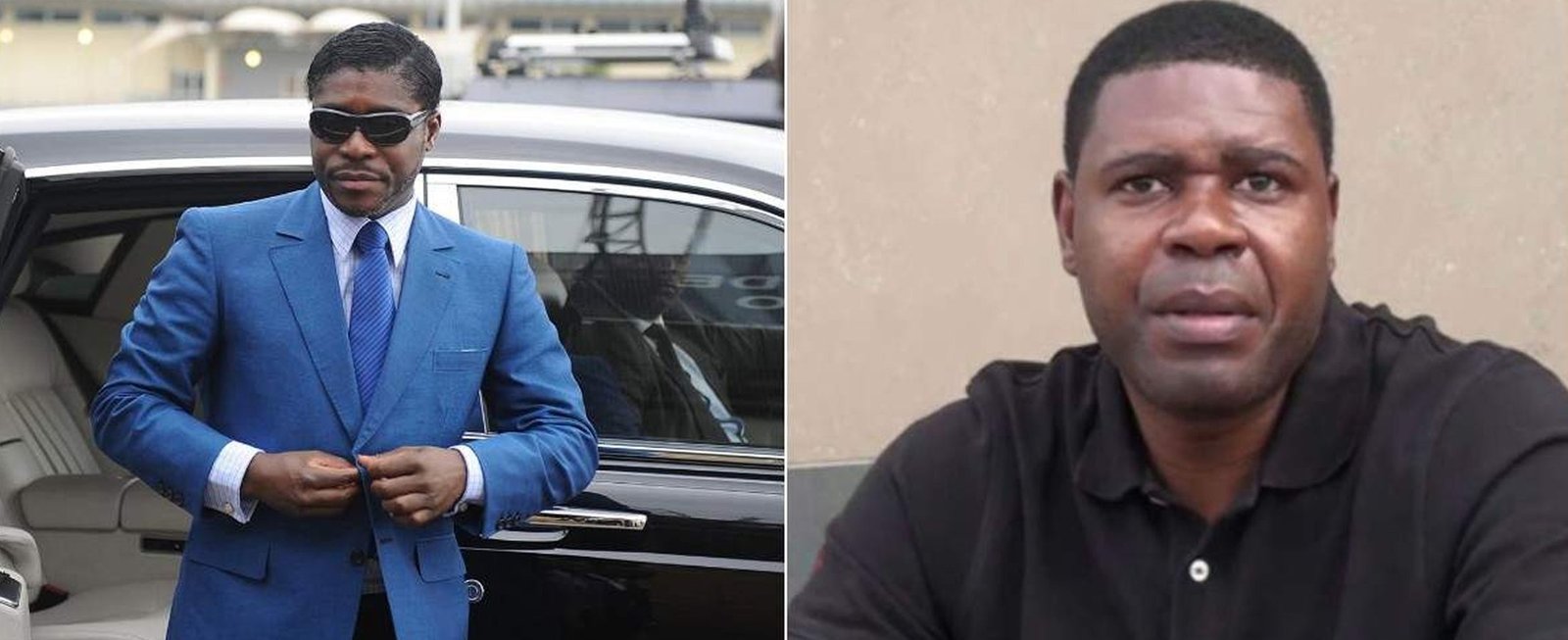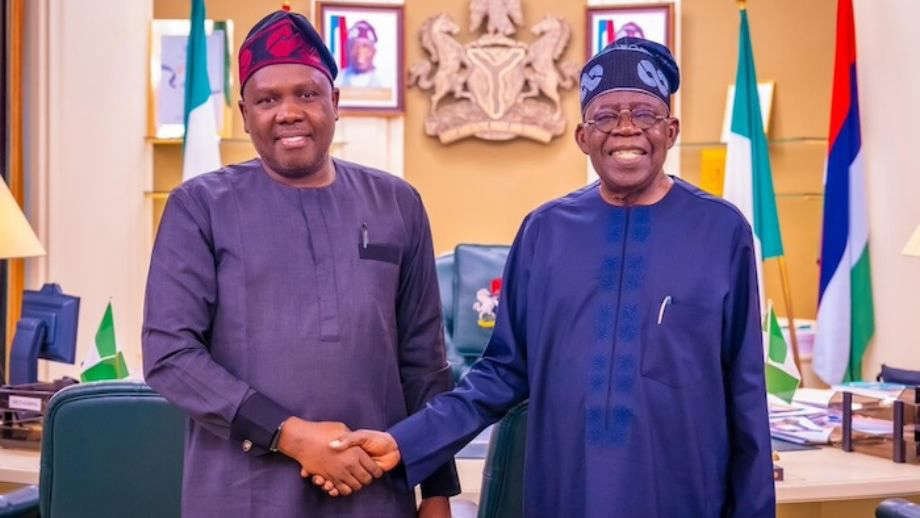For the third time in nearly two decades, former Vice President Atiku Abubakar has exited the Peoples Democratic Party (PDP), triggering political ripples and fueling talk of a growing coalition aimed at unseating President Bola Ahmed Tinubu in 2027. Atiku’s resignation comes amid broader realignments across Nigeria’s opposition landscape, with key political figures including Peter Obi, Rotimi Amaechi, and Nasir El-Rufai linked to the emerging bloc.
Atiku announced his resignation in a letter dated July 14 and addressed to the PDP ward chairman in Jada Local Government Area of Adamawa State. The letter, which his media office confirmed, cited a deviation from the party’s founding principles as his reason for departure.
“It is with a heavy heart that I resign from the PDP, a party I helped build,” he wrote. “However, I can no longer align with the current direction of the party, which I believe has strayed far from its foundational values.”
The move sparked swift reactions from political stakeholders, including Oyo State Governor Seyi Makinde, who said the PDP remains an institution stronger than any single individual.
“If anyone is holding the PDP back, it’s better they leave,” Makinde stated at an event in Akure. “Politicians come and go, but the state remains.”
Legal Controversy and Accusations of Disrespect
Minister of Aviation and Aerospace Development, Festus Keyamo (SAN), criticized Atiku for including Nigeria’s coat of arms on his resignation letter. He described it as a breach of the law and a moral misstep.
Quoting the Flag and Coat of Arms Act, Keyamo said: “It is illegal and morally questionable to use the national symbol without official permission. It borders on impersonation.”
He also accused Atiku of releasing the letter at an inappropriate time, noting that it came during the national mourning of former President Muhammadu Buhari.
A History of Defections
Atiku’s resignation marks his third departure from the PDP. He first left in 2006 following tensions with then-President Olusegun Obasanjo and contested the 2007 presidential election under the Action Congress. He rejoined the PDP in 2009, only to defect again in 2013 and co-found the All Progressives Congress (APC). He returned once more to the PDP in 2017, contesting the presidential elections in 2019 and 2023.
Though Atiku has not formally declared his next political destination, speculation is rife that he, alongside other opposition leaders, is gravitating toward the African Democratic Congress (ADC), which has recently emerged as the platform of choice for a coalition aimed at challenging the ruling APC in 2027.
Internal Party Reactions: ‘Good Riddance’
The PDP has responded firmly. Deputy National Publicity Secretary Ibrahim Abdullahi described Atiku’s exit as “good riddance to bad rubbish,” adding that the party would not be held hostage by one individual.
“We’ve known this was coming. Atiku has always put his ambition above the party,” Abdullahi said. “The PDP will survive and emerge stronger.”
He also dismissed claims that the current party leadership triggered Atiku’s departure, pointing to his previous exits under different administrations.
Coalition in Motion, ADC Welcomes Atiku
The ADC, now seen as the rallying point for opposition forces, welcomed Atiku’s exit from the PDP as a boost to its credibility. However, the party maintained that no automatic presidential ticket had been promised.
“Atiku joined because he believes in our vision,” said ADC spokesperson Bolaji Abdullahi. “There is no anointed candidate. The playing field is open to all.”
The ADC has also attracted other big names, including former Senate President David Mark, ex-Governor Rauf Aregbesola, and former Attorney General Abubakar Malami, all of whom have stepped down from their previous parties.
Mixed Signals from Coalition Figures
Despite the momentum, key figures like Peter Obi and Nasir El-Rufai have not publicly committed to leaving their parties. Obi maintains that he remains with the Labour Party, while El-Rufai has not confirmed reports linking him to the Social Democratic Party (SDP).
Atiku’s media aide, Phrank Shaibu, downplayed immediate political announcements, citing the nation’s mourning period.
“Atiku didn’t leave the PDP. The PDP left Nigerians,” Shaibu asserted. “He made every effort to revive it, but it has lost its direction.”
PDP NEC Member: No One Can Defeat Tinubu Without Us
Meanwhile, PDP NEC member Timothy Osadolor warned that any attempt to unseat President Tinubu in 2027 without the PDP’s involvement would be futile.
“Atiku is free to go, but no one can win without the PDP,” he said, stressing the need for unity within the opposition to heal the nation.
Analysts Weigh In: Turning Point or Dead End?
Political analysts are divided over the implications of Atiku’s move. Professor Abubakar Umar Kari of the University of Abuja described the resignation as inevitable, given the PDP’s current trajectory.
“The PDP leadership is now aligned with interests that are hostile to Atiku. His departure was a matter of time,” Kari said.
He added that Atiku’s presence in the ADC could be a game-changer for 2027.
However, commentator Monima Daminabo argued that Atiku’s exit could benefit the PDP, freeing it from the grip of his presidential ambitions.
“His constant pursuit of the presidency has weakened the party,” he said. “Now is the time for the PDP to rediscover itself.”
The Road Ahead
Whether Atiku will contest in 2027 or play a kingmaker role remains to be seen. For now, his exit has intensified debate around the future of Nigeria’s opposition and the potential of a unified front ahead of the next general elections.
With old allegiances collapsing and new alliances forming, Nigeria’s political landscape appears to be on the cusp of another major shift.



